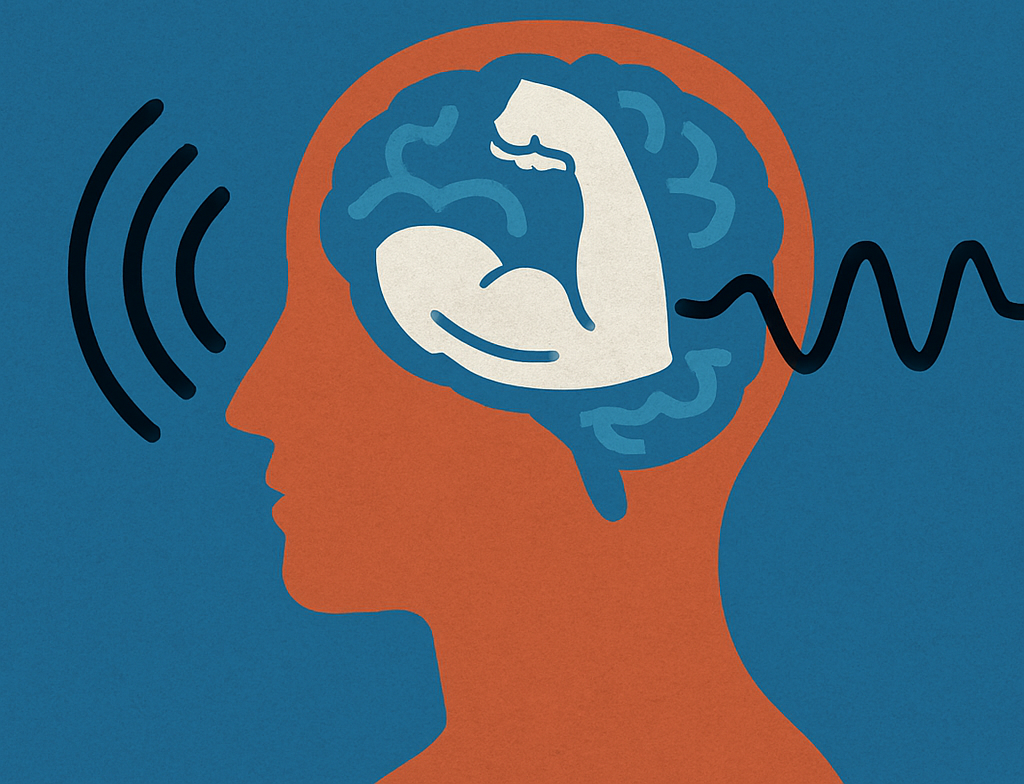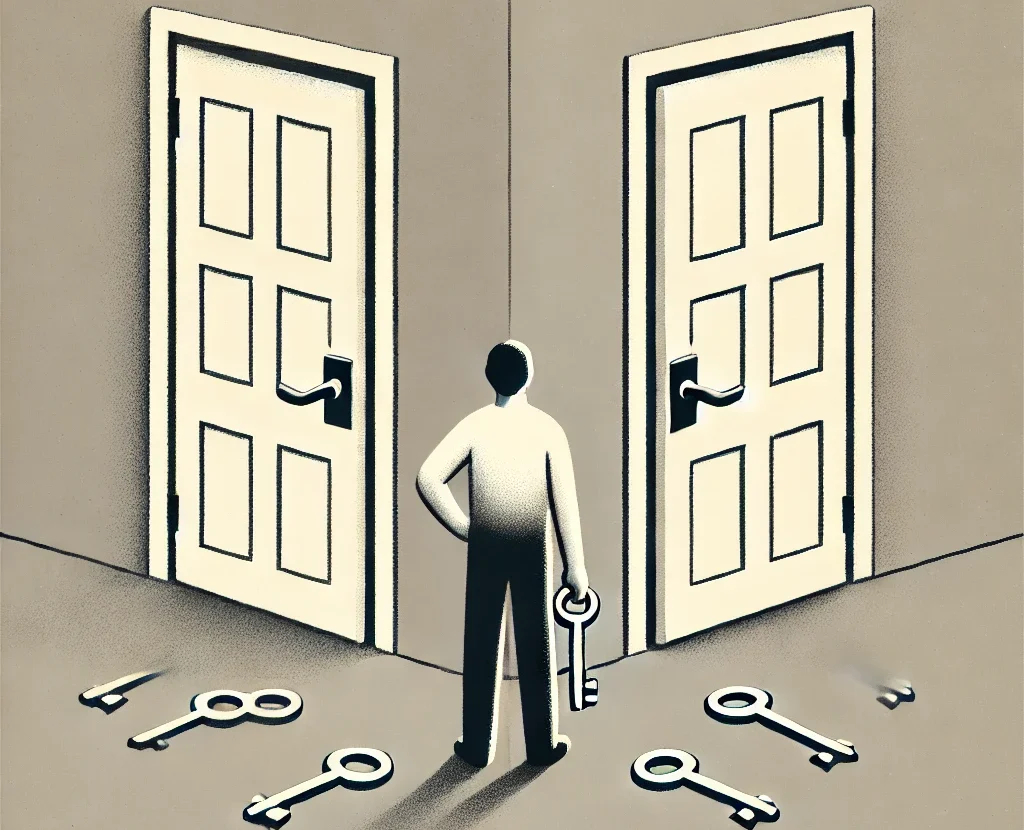
Do you remember a time when you were under immense pressure after doing something reluctantly? You didn’t want to do it, or you didn’t feel it was right, but the environment (social anxiety, financial troubles, etc) compels you to do it. This causes a dilemma in your brain as your physical actions don’t match your mental thoughts. This conflict is called Cognitive Dissonance. This is generally presumed to be resolved automatically but if a lot of small dissonances add up, it can be really harmful to your health. How do you recognize whether you are suffering from this? Usually, you feel some sort of psychological discomfort like anxiety, stress, or in more uncommon cases, embarrassment or regret. How to treat – if that’s the right word – Cognitive Dissonance? In most cases, your mind warps your thought to reduce the discomfort by either changing your beliefs or finding new connections to make the action seem reasonable. Let’s take an example. If someone believes all deserts are bad for health and they eat a blueberry cake at a friend’s birthday party, they change their belief that fruit cakes can be good for health. The way they would find new connections is linking the fact that you need some sugars in your daily intake and that fruit cake is the sugar needed for the day. The problem starts when you start ignoring the severity of the issue. For example, the person from the previous example may say, ‘ I eat healthy otherwise, eating some extra sugar won’t harm me that much’. That is dangerous territory. Otherwise, if the discomfort persists and your mind does not adapt, that is extreme territory; it’s very rare but at that point, it is safe to talk to a trusted person about it.
Mind tricks you in times of need; that does not mean your mind is against you.
RELATED POSTS
View all


